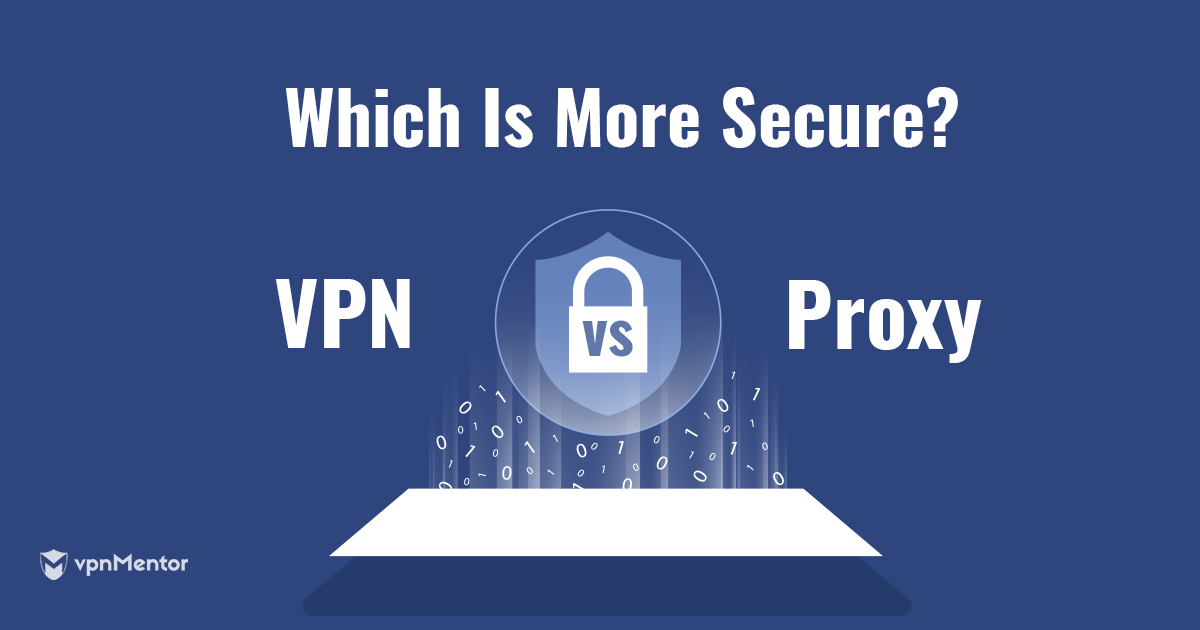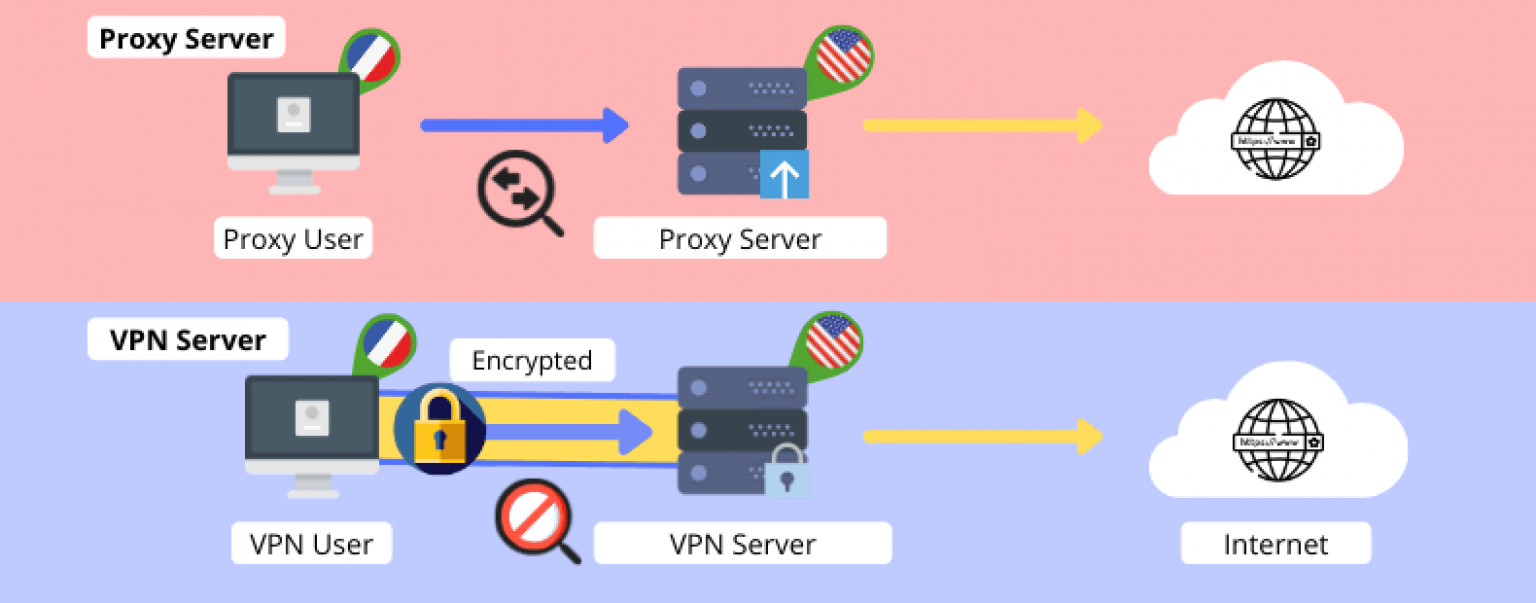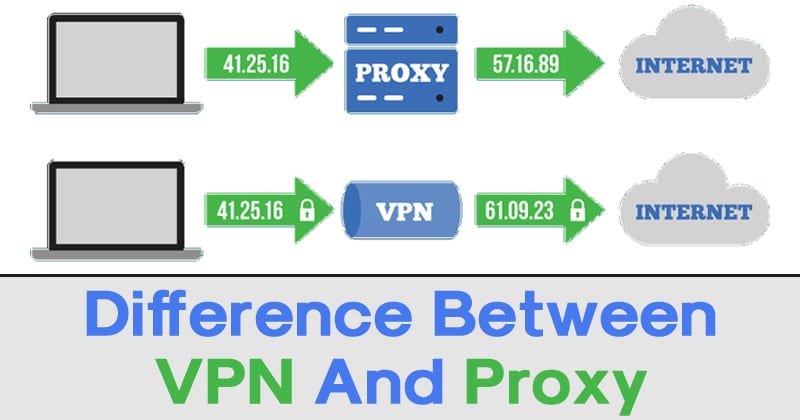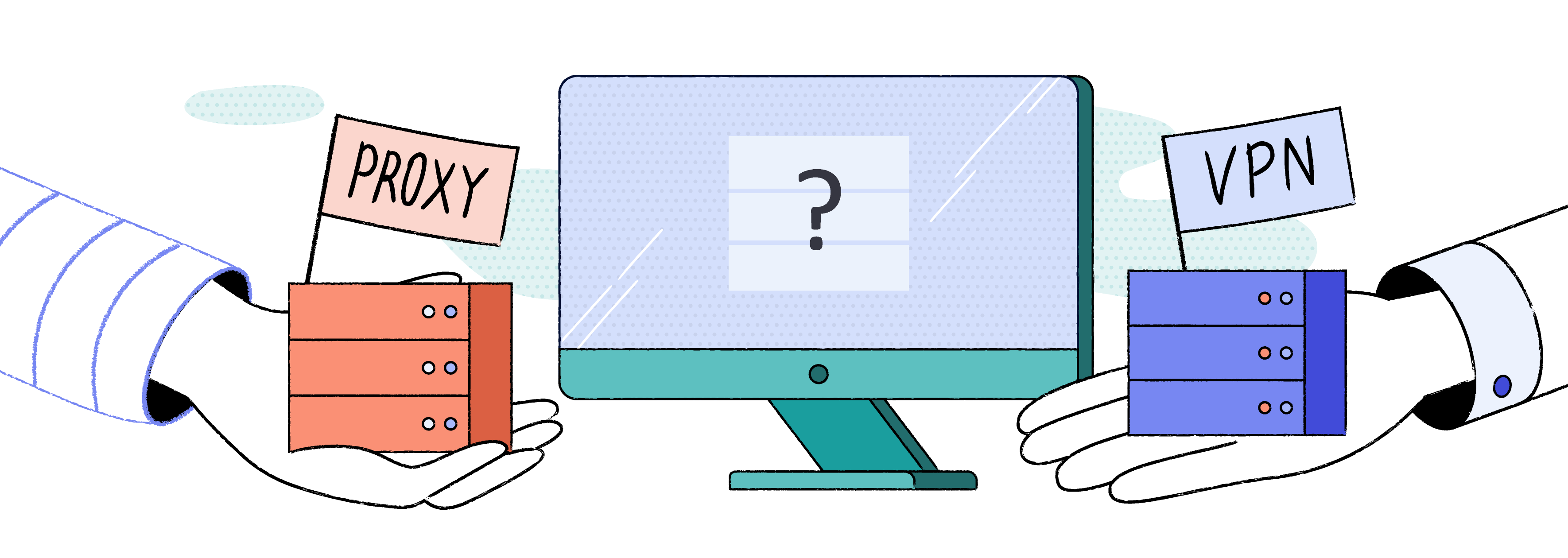Proxy Vs VPN Understanding The Differences And Choosing The Right Solution

When it comes to online security, you have a lot of options. Two of the most popular options are VPNs (Virtual Private Networks) and proxies. These both offer benefits, but there are also some key differences between the two. In this article, we’ll go over what VPNs and proxies are, what they can do for you, and how they differ from each other.
Details
First, let’s talk a little bit about what VPNs and proxies are. A VPN is a Virtual Private Network. When you use a VPN, your computer connects to a remote server, and all of your internet activity is routed through that server. This makes it much more difficult for anyone to intercept your online activity, and it can also allow you to access websites and online services that might otherwise be blocked in your region.
A proxy, on the other hand, works a little bit differently. When you use a proxy, your computer sends your internet traffic through a server that acts as an intermediary between you and the websites you’re visiting. This can help you remain anonymous online, but it doesn’t necessarily provide the same level of security that a VPN does.
Now that you know what VPNs and proxies are, let’s take a closer look at the pros and cons of each.
Tips
If you’re trying to decide whether to use a VPN or a proxy, there are a few things to keep in mind. Here are a few tips:
- If you’re looking for the highest level of security and privacy, you’ll probably want to use a VPN.
- If you just want to be able to access websites and services that might be blocked in your region, a proxy can probably get the job done.
- Free proxies are available, but they may not provide the same level of security as a paid VPN.
- VPNs can be a bit more complicated to set up than proxies, but most VPNs come with easy-to-use software that makes the process painless.
FAQ
Still have questions about VPNs and proxies? Here are a few answers to some frequently asked questions:
Q: Can a VPN speed up my internet connection?
A: In some cases, a VPN can actually slow down your internet connection. This is because your data has to travel farther to reach its destination when it’s routed through a VPN server. However, if you’re experiencing throttling from your ISP (Internet Service Provider), a VPN can help you get around that.
Q: Can I use a VPN or proxy to access Netflix from another country?
A: Yes, both VPNs and proxies can be used to access Netflix from other regions. However, Netflix has been cracking down on this practice, and it can be difficult to find a VPN or proxy that works with the service.
Q: Do I need to use a VPN or proxy if I’m just browsing the internet?
A: Technically, no. You can browse the internet without using a VPN or proxy and still be safe. However, using one of these tools can provide an additional layer of security and privacy, which is always a good thing.
Q: Which is better, a VPN or a proxy?
A: The answer to this question largely depends on your individual needs. If you’re looking for the highest level of security and privacy, a VPN is probably the way to go. However, if you just want to be able to access websites and services that might be blocked in your region, a proxy can work just fine.
Ultimately, the choice between a VPN and a proxy will depend on what you need and what you’re comfortable with. Both options have their benefits and drawbacks, so it’s up to you to decide which one is the best fit for you.
Whether you choose a VPN, a proxy, or some other form of online security tool, there’s no denying that staying safe on the internet is more important than ever. By taking steps to protect your online privacy and security, you can use the internet with confidence and peace of mind.




Post a Comment for "Proxy Vs VPN Understanding The Differences And Choosing The Right Solution"